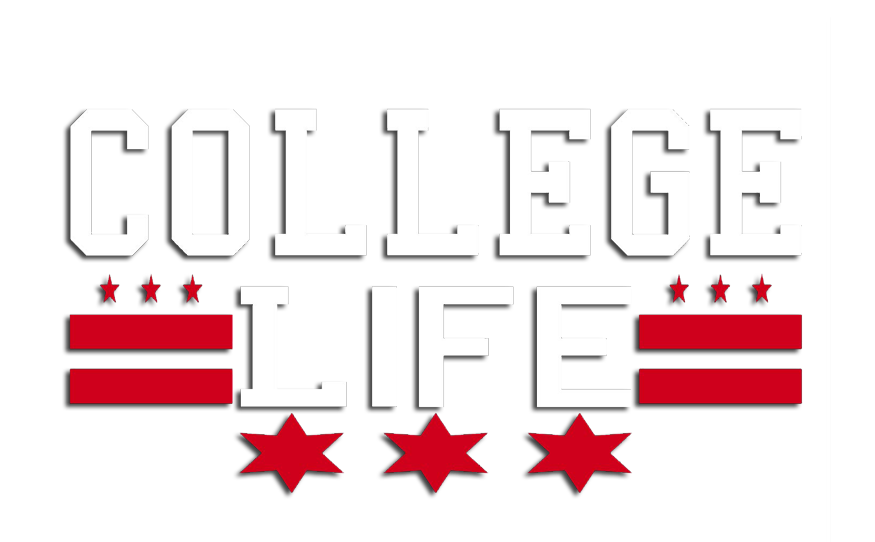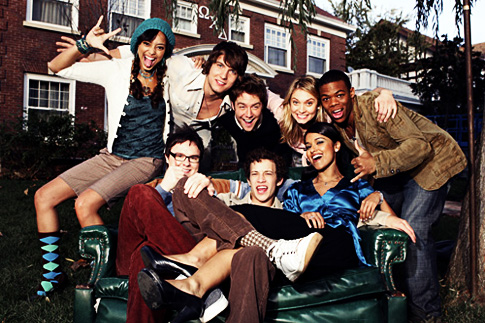Technology seems to have finally sucked the fun out of college.
A new study surveyed 153,015 freshmen and found incoming college students are spending more time online and less time partying and making friends, Bloomberg reports.
Researchers at UCLA’s Higher Education Research Institute conducted the research at 227 four-year US colleges last fall.
They recorded vast differences between the 2014 freshman class and those from years past.
Current freshmen, for example, didn’t seem to make an effort to prepare themselves for the debauchery that ensues in college.
Just 8.6 percent reported to have partied at least six hours a week throughout their senior year of high school, compared to 34.5 percent when the poll was first taken in 1987.
Kevin Eagan, an assistant professor in residence at UCLA, said,
It seems students are neglecting their social lives in lieu of focusing on their academic lives, perhaps in part because of the messages they’ve been sent for a number of years—for some, since elementary school—about the importance of getting into a good college.
They also don’t seem to care as much about maintaining personal relationships, as just 18 percent said they spend at least 16 hours a week hanging out with their friends while nearly 39 percent reserve just five hours a week or less for such activities.
Those two percentages are the lowest and highest recorded since the poll’s origination.
What’s the most plausible culprit for these abominable numbers?
These kids spend so much time online, they might not even know how to have face-to-face conversations.
Eagan explained,
As students encounter conflict or need to have more difficult conversations with friends in college, it might be more difficult for them if they have less experience.
Researchers found the amount of freshmen who spend at least six hours a week on social media has jumped from 18.9 percent in 2007 to 27.2 percent in 2014.
This also may explain why 9.5 percent of 2014 freshmen reported feelings of depression compared to 6.1 percent in 2009.
Eagan added,
Not having a social outlet may be contributing to increased levels of anxiety, and increased feelings of being overwhelmed.
It’s never a good thing to bash those who care more about their studies than blacking out, but you could argue much of the “education” that occurs in early college involves social skills and not academia.
The economy could be a factor in the comparisons as well: It might have been less enticing for the freshman class of 2006 to drink themselves into oblivion had the job market not been sinking further down the toilet at the time.







